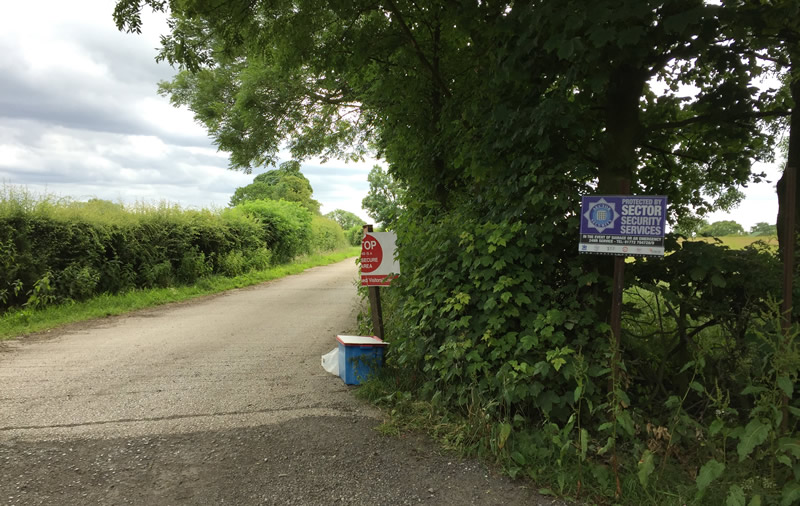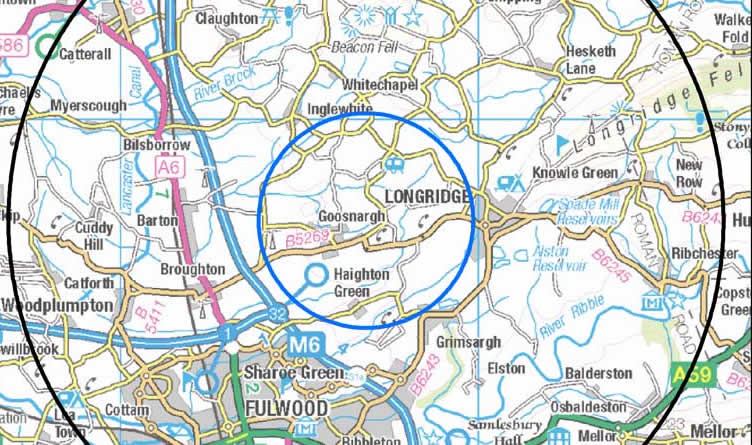
Scientists have now confirmed that avian influenza is involved in a disease outbreak on an egg production unit in Lancashire.
The chief vet, Nigel Gibbens, ordered the culling of nearly 200,000 layers over the weekend after a suspected case was reported to the Animal and Plant Health Agency (APHA). A 10-kilometre restriction zone was put in place around the affected farm and a cull ordered on suspicion that bird flu was involved.
Now, the Department for Environment, Food and Rural Affairs (Defra) has confirmed the presence of AI.
Defra says that the strain involved in H7N7. It is a highly pathogenic version of the disease.

Defra said in a statement that a temporary control zone imposed on Friday at the affected farm had now been replaced by a 10-kilometre surveillance zone and an inner three-kilometre protection zone. It said that the culling of the birds - 120,000 cage birds and 50,000 free range – was continuing.
Nigel Gibbens said, “Final tests results have confirmed a case of avian flu at a farm in Lancashire. Restrictions put in place last week will continue and the humane culling of all birds at the site is progressing. These actions are part of our tried and tested approach to dealing with previous outbreaks.”
He said, “Public Health England has confirmed that the risk to public health from this strain is very low. The Food Standards Agency has said there is no food safety risk for consumers.
“Bird keepers should remain alert for any signs of disease, report suspect disease to their nearest APHA office immediately and ensure they are maintaining good bio-security on their premises.”
The British Free Range Egg producers’ Association (BFREPA) has also called for its members to be extra cautious. Director of policy Robert Gooch urged egg producers to take extra care with bio-security. He said it was well known that, once an area was affected by bird flu, the most likely cause of further contamination was human activity. “We would urge all producers to look carefully at their bio-security.”
Suspicions were first aroused on the farm, near Preston in Lancashire, when the layers suffered a drop in egg production and increased mortality. This was initially blamed on the weather, but a private vet was subsequently called in and, as mortality continued to increase, APHA was informed.
Defra said on Friday that it had decided to take precautionary action before final test results were known based on the “clinical symptoms displayed by birds at the farm and emerging laboratory findings.” Scientific analysis has now shown that AI is involved and that the strain is H7N7.
Defra said that it had a strong track record of controlling and eliminating previous outbreaks of avian flu in the UK. The outbreaks in Yorkshire last year and Hampshire in February were both successfully contained, allowing restrictions to be lifted at the earliest opportunity. It said that the investigation into the current case was ongoing.
Defra said that anyone who suspected avian flu should contact their nearest APHA office immediately.
When news of the Lancashire outbreak broke, Robert Gooch called for a housing order to be declared for all birds in the region. “We would like all birds within a 50-kilometre zone at least to be housed. That would probably cover the whole of the North West,” he said.
BFREPA members have previously called for birds to be housed as soon as an AI outbreak is confirmed as a means of preventing the spread of the disease. Robert said that BFREPA would like the UK authorities to follow the model used in the Netherlands, where all birds are immediately housed for at least 72 hours on the outbreak of bird flu.
